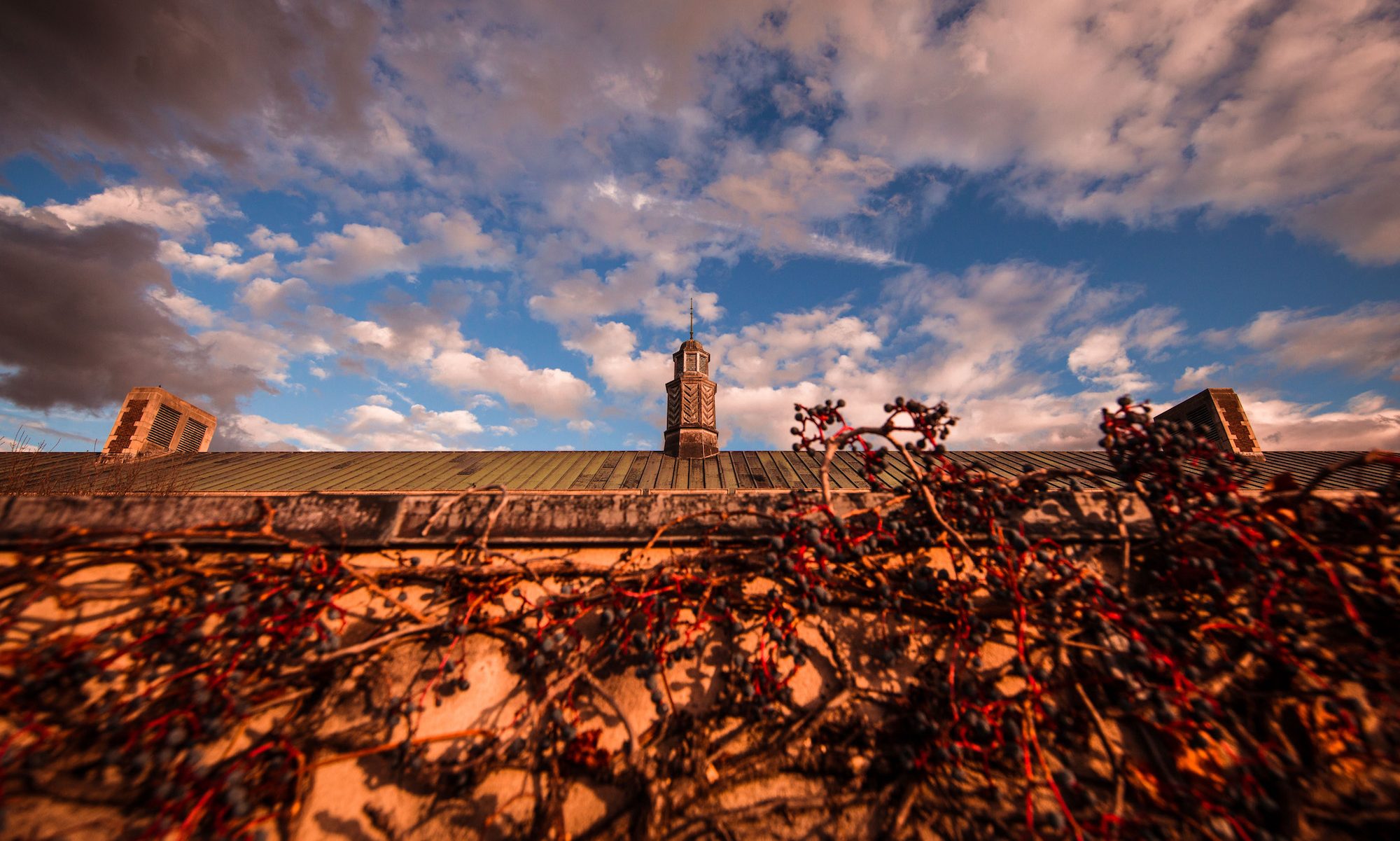Hundreds of millions of people will go hungry tonight. There is more than enough food produced to feed the world but it isn’t being distributed to those who need it. The industrialization of our agricultural system has led to massive inequities in both food production and consumption. These problems have only been exacerbated by the current global pandemic and the stress it’s bringing to the system. To remedy these discrepancies, there must be a massive restructuring of our global conceptualization of agriculture and our food supply chains.

COVID-19 Disrupts Food Supply Chains
Raul Siche, Professor of Agricultural Sciences at the Universidad Nacional de Trujillo in Peru, argues that COVID-19 is affecting global food networks in two main ways: food demand and supply. Food demand largely remains the same, with slight decreases due to decrease in spending power from economic downturn. The supply of food has also remained relatively constant, though there is much more variability in availability. Though restriction on movement and labor have slightly decreased overall production at farms and processing facilities, this decline has been minimal. The main disruption in food supply has been due to limitation on exports. Some countries fear that the virus may hurt food production in their own countries, and in an attempt to stop their own citizens from going hungry, they are halting exports on certain goods. Especially for those countries that don’t produce large amounts of their own food, this may be disastrous. This especially endangers those who are already food insecure and may rely upon international imports to feed their families. The disruption in global food networks is only expected to grow as the pandemic worsens.
COVID-19 and Food Insecurity
Over 100 million people rely on assistance from the World Food Programme to survive. Most of these people are the rural poor who live in absolute poverty, most making less than one dollar a day. In a statement to the UN Security Council, the World Food Programme stated that COVID-19 is disrupting their supply lines and hampering their ability to provide food to those in need. They estimate that without aid, 300,000 people could starve to death every day for the next three months (WFP 2020). This pandemic, like all injustices, is worsening the plight of those already suffering the most. It is worth remembering, as I write from one of the wealthiest countries in the world, the immense advantage the developed world has in facing this threat. If the worst I have to suffer is a couple months of isolation, I am living a lucky life.
Food Insecurty and Sustainability
Michael Pollan, author of The Omnivore’s Dilemma, notes the reliance of the food system on a few main crops to feed the world. Corn is an example of such a crop. Most of the world’s corn is grown in the United States, specifically in the American Midwest. So much of the world relies on this relatively small piece of land to feed themselves. Pollan points out the absurdity of this situation in one excerpt from his book. “Given the complexly ramifying fate of a bushel of commodity corn, the countless forking paths followed by its ninety thousand kernels as they’re dispersed across the nation’s sprawling food system, the odds are good that at least one of the kernels grown on [an Iowa farm] farm has…made its way to me. And if not me, then certainly you” (Pollan 35, 2006). When pandemics and other globally reaching threats strike they endanger the global food system. When corn (and the animal products that rely on corn) can’t be moved throughout the country and world, people everywhere are hurt: producers lose money, consumers go hungry, and products rot in warehouses. This is the danger of centralizing food production to such a large degree and the shift away from local production. The phrase “Think global, eat local” rings true now more than ever.
Scott Williams is a senior at SUNY Geneseo with a double major in Geography and Political Science, and minors in Environmental Studies and the Edgar Fellows Honors Program.
References
Siche, Raúl. 2020. “What Is the Impact of COVID-19 Disease on Agriculture?” Scientia Agropecuaria 11 (1): 3–6. https://doi.org/10.17268/sci.agropecu.2020.01.00
Pollan, Michael. ”The Omnivore’s Dilemma: A Natural History of Four Meals”, Penguin Press, New York 2006.
World Food Programme. “WFP Chief warns of hunger pandemic as COVID-19 spreads”. April 21, 2020. https://www.wfp.org/news/wfp-chief-warns-hunger-pandemic-covid-19-spreads-statement-un-security-council
